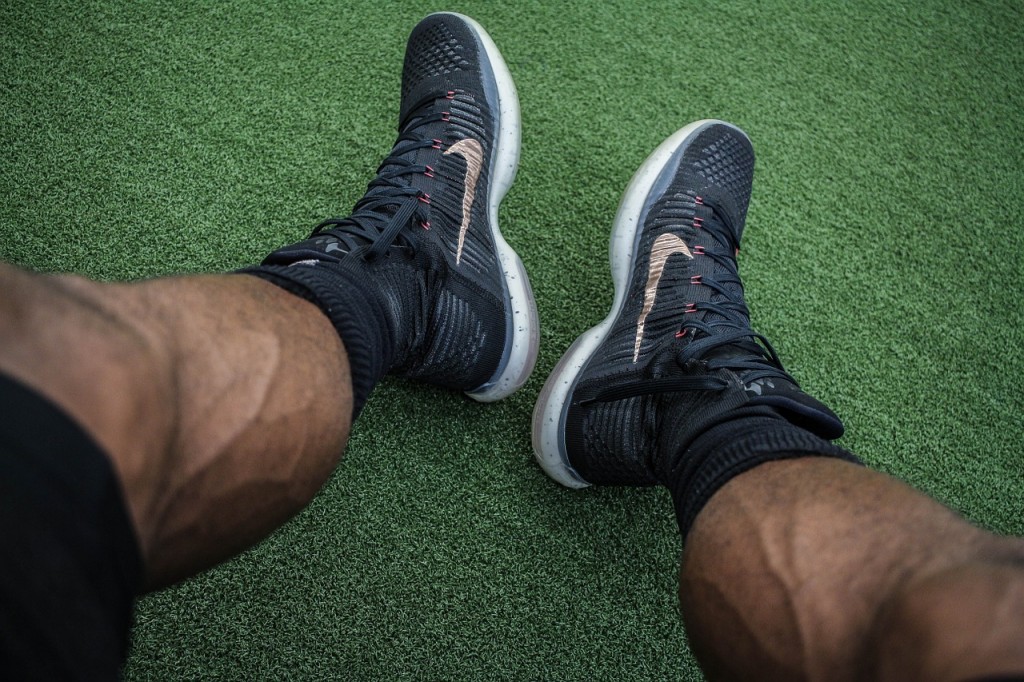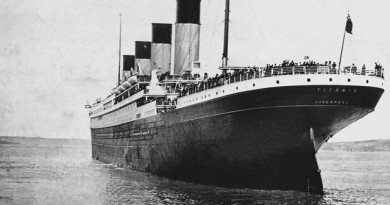Do fat people have stronger legs than thin people?
SHORT ANSWER
Possibly. Carrying extra weight makes moving a better “workout” – so it depends how much they use their muscles.
FULL STORY
By Matt Solomon
It seems like more size equals more power (think of two Rugby World Cup forwards hitting each other like a pair of angry Nissan Micras).
Size and power are linked, but it’s all about muscle – not fat.
Fat has a great function as an energy store, but these stores are not used in short-duration strength exercises. Instead, carbohydrates stored in the muscle as glycogen are the primary fuel.
In terms of providing strength, fat cells have no contractile properties. Muscle does, and is the key player in force generation.
Strength is also affected by other factors – especially training.
If your fat-legged friend did squats three times per week, they would almost certainly be stronger than an untrained, thin-legged person.
Interestingly, training not only promotes muscular growth but aids in the complete recruitment of the muscle – it has been shown that untrained individuals may be unable to recruit their full muscle fibre pool.
This is because the nervous system is unable to fully co-ordinate signals from the brain to the muscles without training.

There may be benefits to being fatter – for example when momentum is crucial, like those rugby forwards in a tackle.
But whether fat people have stronger legs may depend on the type of exercise they do.
In most exercises, fat people will have a greater load on their lower limbs (imagine doing a 5k run with a child on your back).
And this extra load may induce both neuronal and muscular adaptations which allow greater force production.
It is therefore plausible that those with more overall weight are inadvertently training their legs for strength.
However, in the real world those with fatter legs are less likely to be exercising as much as those with thinner legs.
It is crucial to understand that training level – not weight – is the key player in cross sectional area of muscle and muscle fibre recruitment.
So in simple English – despite any differences in fat, whoever has the most muscle which their brain can call on will have the strongest legs.
Matt Solomon (BSc. M.Res. CSCS) is a strength and conditioning coach. Visit his website at www.mattsolomonsandc.squarespace.com




